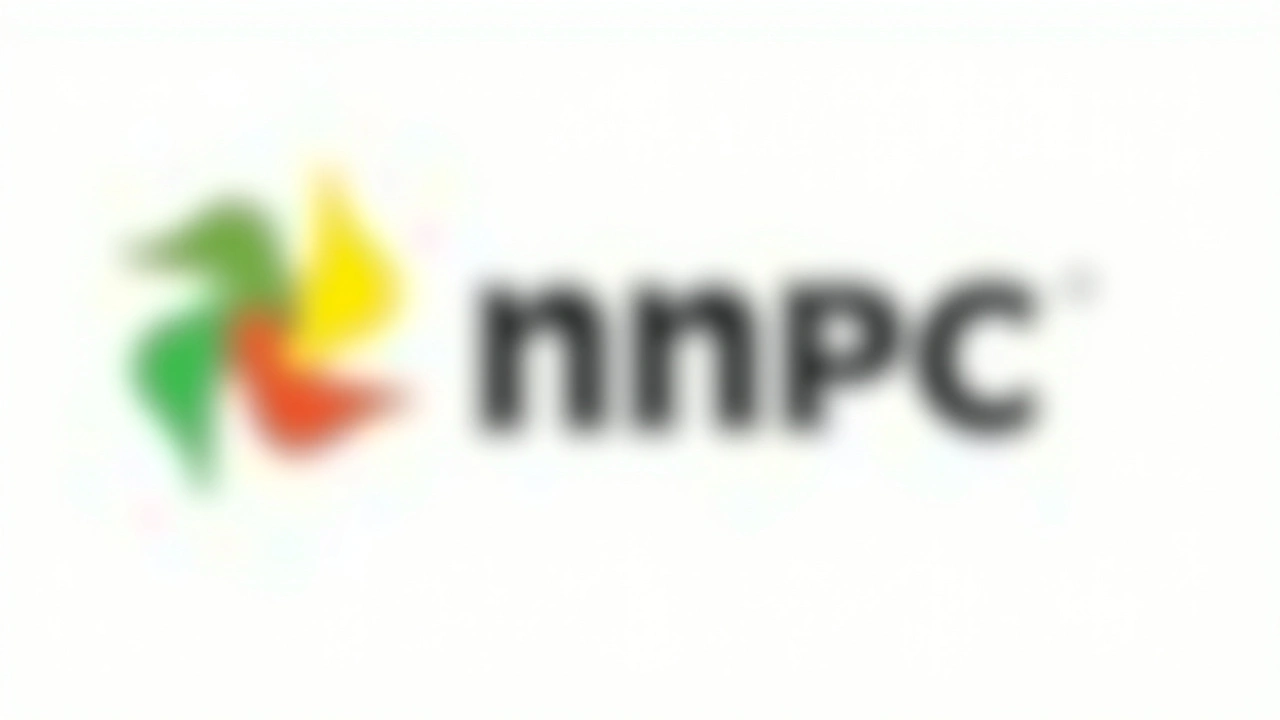Oil Marketers – News, Tips and What’s Happening Now
If you fill up your tank every week, oil marketers are the people behind the pump. They decide where fuel is sold, how much it costs and what extra services you get at a station. Knowing their role helps you understand price spikes, new payment options and the push toward greener fuels.
What Oil Marketers Do
An oil marketer buys petroleum products from refiners or importers and then sells them to retail stations. They handle logistics – loading trucks, delivering fuel to depots and making sure every pump stays stocked. On top of that, they set the retail price based on wholesale costs, taxes and local competition.
Marketers also manage branding and customer experience. You’ll notice different logos on pumps because each marketer wants a recognizable look. They may add convenience stores, car washes or loyalty programs to keep drivers coming back. In South Africa and many African countries, marketers work closely with government agencies that regulate fuel quality and pricing.
Current Trends to Watch
Fuel prices have been bouncing around a lot lately because of global oil swings and exchange‑rate changes. Marketers respond quickly – you’ll see price adjustments almost every week at the pump. Staying aware of these shifts can help you plan trips or fill up when prices dip.
Digital payments are becoming the norm. More stations accept mobile wallets, QR codes and contactless cards, which speeds up checkout and reduces cash handling. If a station still only takes cash, it might be slower to adopt new tech.
Green fuel options are slowly appearing on the market. Some marketers now offer blends with bio‑diesel or ethanol, and a few pilot projects are testing electric vehicle charging at busy sites. Keep an eye out for “green” labels on pumps – they’re a sign that the marketer is experimenting with lower‑carbon fuels.
Regulatory changes also shape the landscape. Recent South African fuel levy adjustments and new quality standards mean marketers must update storage practices and reporting. These rules can affect the final price you pay, so any news about tax or policy tweaks is worth following.
At ProTouch Sports Africa News we cover more than just sports – our daily updates include breaking stories from across the continent, including energy and oil market developments. Check out our latest posts for deeper analysis on how fuel prices impact local economies and what that means for everyday shoppers like you.
Knowing the basics of oil marketing gives you a leg up when you’re deciding where to pump your car. Look for clear pricing, convenient payment methods and any green‑fuel options that fit your needs. Stay tuned to our tag page for fresh articles, expert commentary and practical tips on navigating the ever‑changing fuel market.






